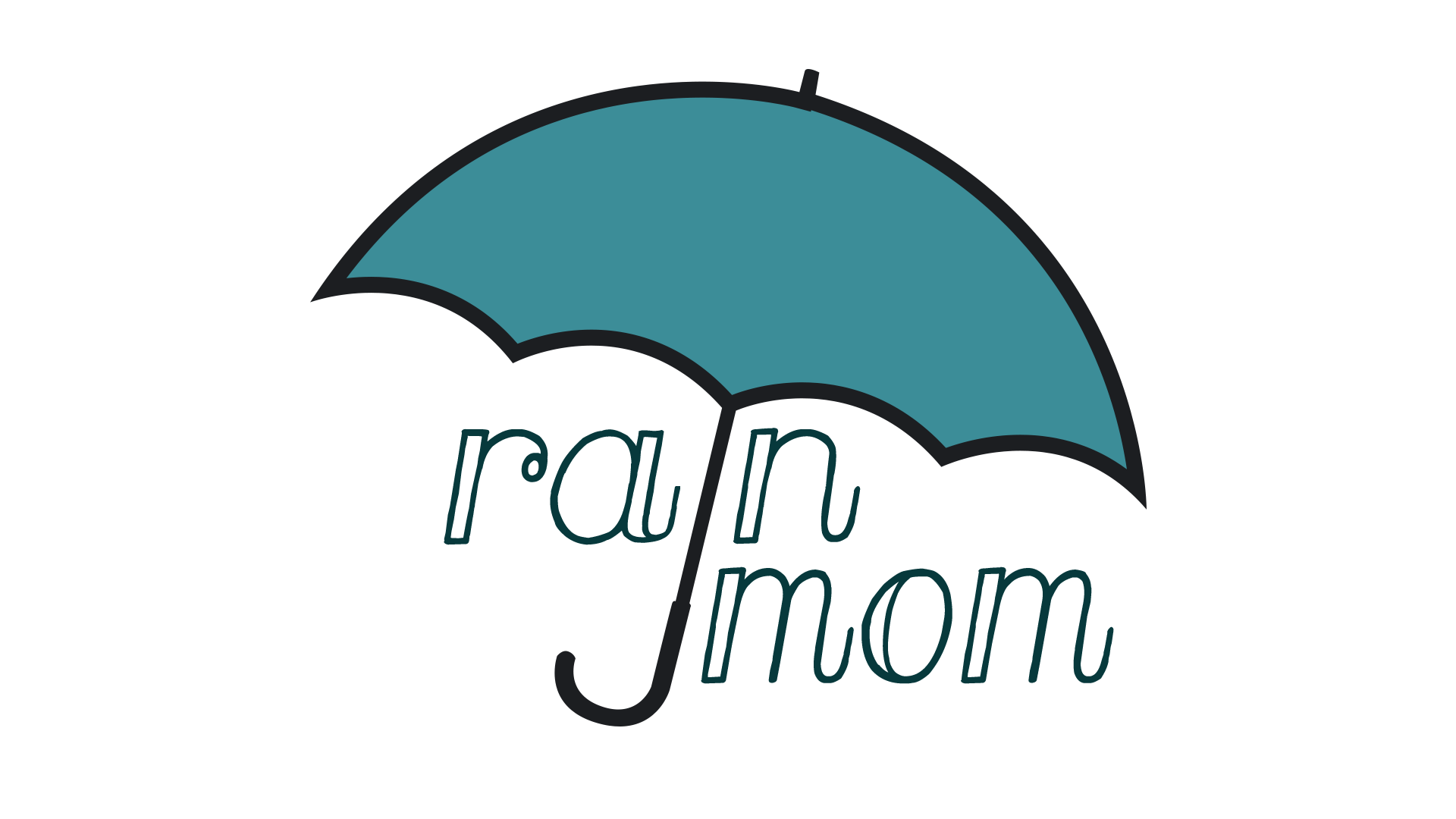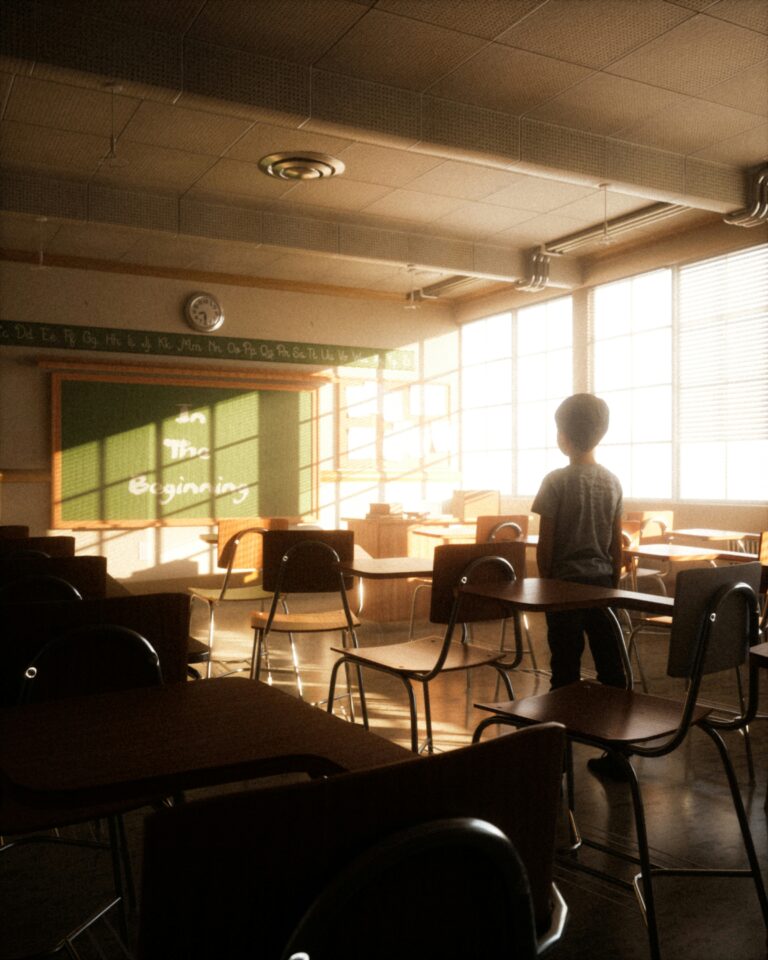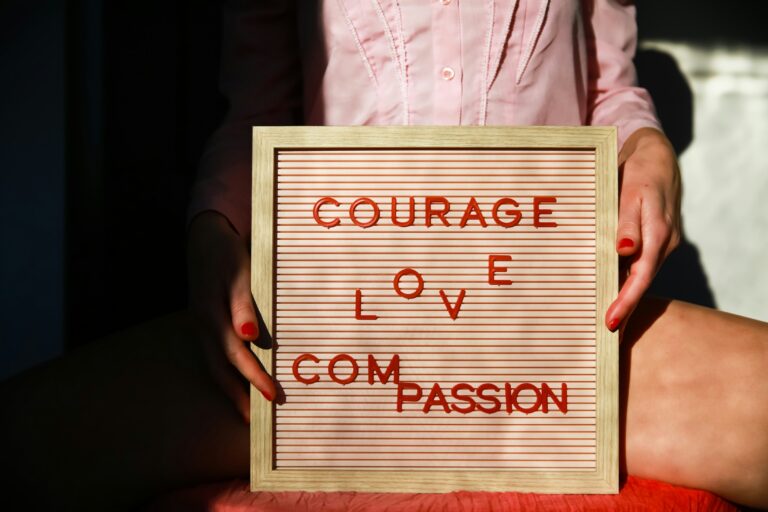
Lessons in Love, Acceptance and Inclusion
By Kristi | Published | No Comments
It is the last week of the 2022-23 school year and things are winding down. Desks, lockers and classrooms are being cleared of a year’s worth of work. Activities like graduations and classroom celebrations are in full swing. And just when I think the bell is about to ring signaling an end to my classroom advocacy this year, I’m reminded my assignment is far from complete.
Advocating is something I’ve learned over many years. Years with my autistic son and years with the numerous students I’ve supported. I’m a huge proponent of inclusion and always will be. Segregation of any kind, in my opinion, is exclusion. None of us want to be excluded or viewed differently from our peers, yet acceptance is often fleeting when others judge what they do not understand. Watching the faces of those on the receiving end is infuriating as well as heartbreaking. This week I was reminded of both yet again.
I work in a VE unit with EBD students. The goal first and foremost is helping them manage their behaviors in and out of the classroom so they can be successful both academically and socially. It’s a life lesson and as we all know life can be challenging, even in the best of circumstances. One of the most difficult aspects of this work for me has been the exclusion piece. We are our own classroom and our students’ interaction with the general education population is limited to lunch, recess and related arts.
This week while celebrating the end of the school year in one related arts class, a side effect of exclusion raised its ugly head. A group photo was being taken at the end of an event and immediately one student said to mine: “You’re not in our class.” My defenses and advocacy alert were activated. As hurtful as the comment was to hear, the student was vocalizing a lesson that has been silently taught for years― if you’re different, you don’t belong with us. If you have a disability, you don’t belong with us. If you look, dress, sound, learn, act or express yourself differently then you don’t belong. A lesson taught without pen, paper or textbook, yet making a powerful impression nonetheless. Taught by so many who never realize that is the lesson being schooled, day after day.
Children see another group of children separated from them and wonder why. It’s natural curiosity but for some reason we miss a valuable opportunity to teach and instill compassion. Like many, children will assume or even make up the pieces they don’t understand to fill a void. If we don’t educate, we alienate. So is it surprising that failure to communicate, accept and include results in the outcomes we see all too often? How do we expect our students to be received as equals in an environment hand selected for them in random moments of opportunity? What do exclusionary practices teach not only our children but the rest of the world? The answer is easy– ableism. The question is, how do we stop it?
Sadly this lesson isn’t limited to children. Adults often go to the top of the class on this one. A few months ago while monitoring 5th grade lunch a parent of one of the students approached me. As we were chatting he asked about my role at the school. After filling him in on my job description he promptly responded, “Oh you work with the bad kids!” Resisting the immediate urge to place a dunce cap on his head verbally, I paused and regrouped. Instead, I gave him a big smile and said, “Yes, they are Michael Jackson ‘bad’― fabulous, entertaining and sadly at times very misunderstood. Most adults could never accomplish what these children do every day under scrutiny and judgment.” He looked confused and a bit embarrassed, but hopefully he will think again before making comments about those he knows very little about. Never judge a book by its cover.
It has me thinking a lot about next year even before this one has even ended. Ways to advocate for change and inclusion in more than just 70 minutes a day. How to teach others to recognize ableism in its numerous forms and the hurt it causes those on the receiving end. How to lift one and other both in and out of the classroom without putting others down. Rising to a level of understanding and compassion that disables ableism and enables all to grow in their own way.
At our school the acronym we use is SAIL. It reminds the students of the expectations to be safe, respectful and responsible. The L stands for learn and lead by example.
Next year I think that’s the perfect place to start a new lesson on inclusion and acceptance for all.






Leave a Reply